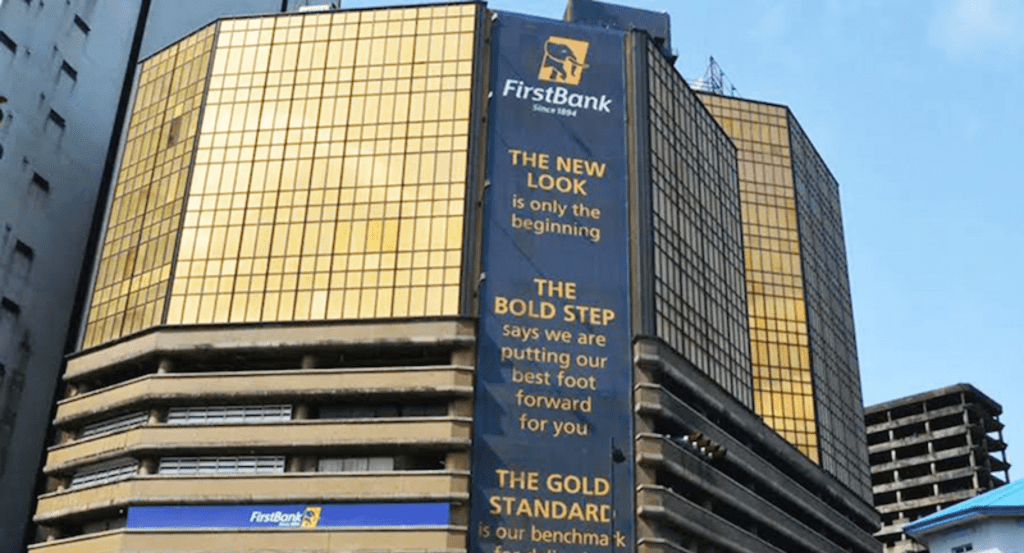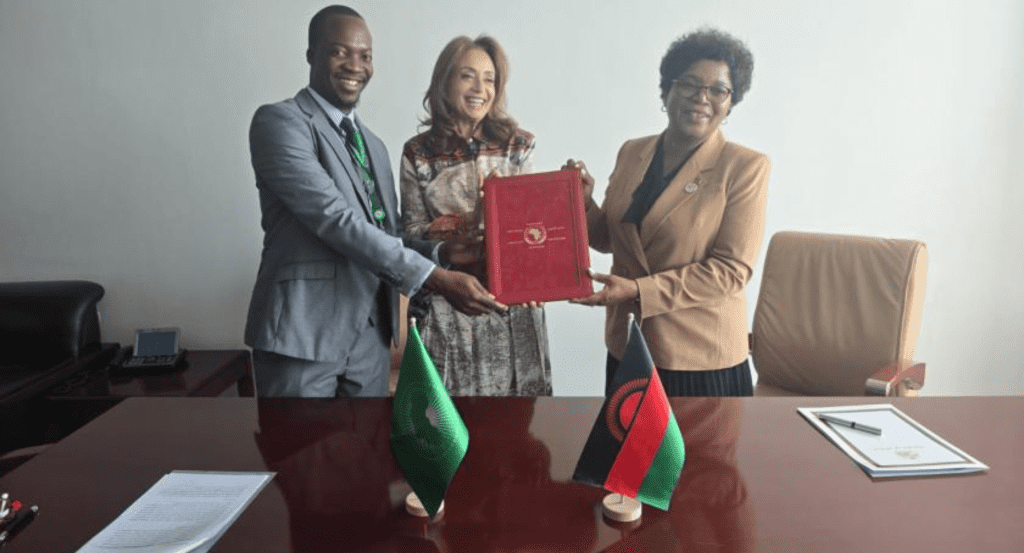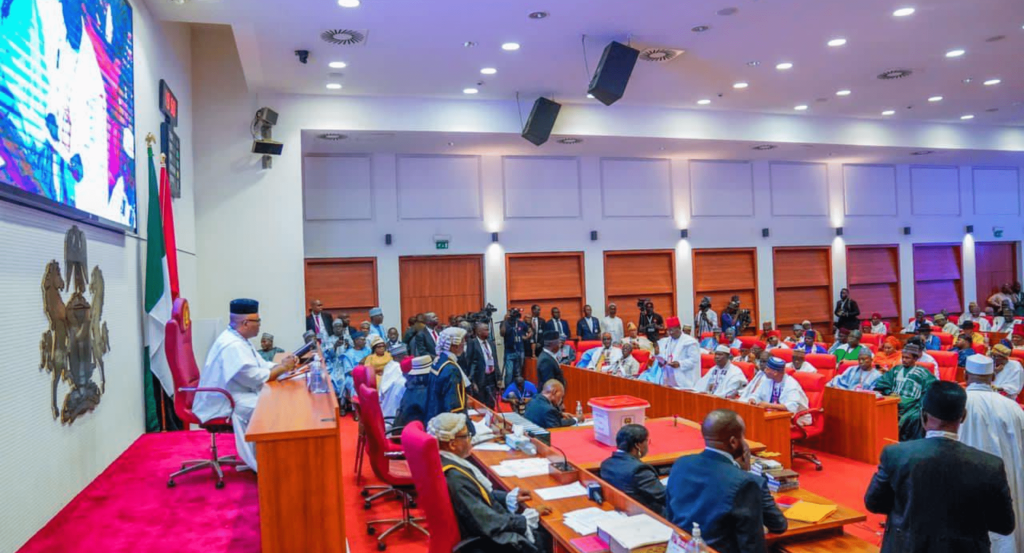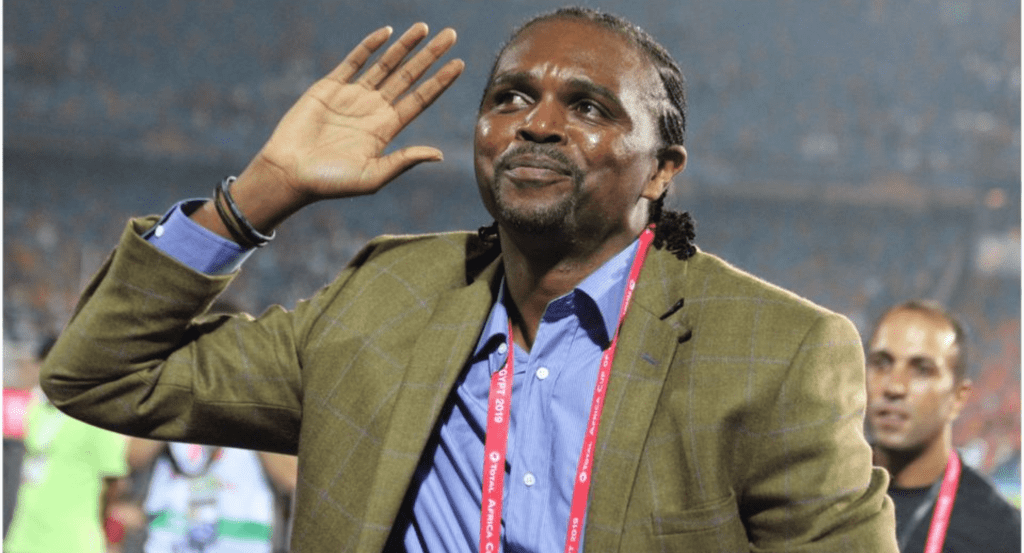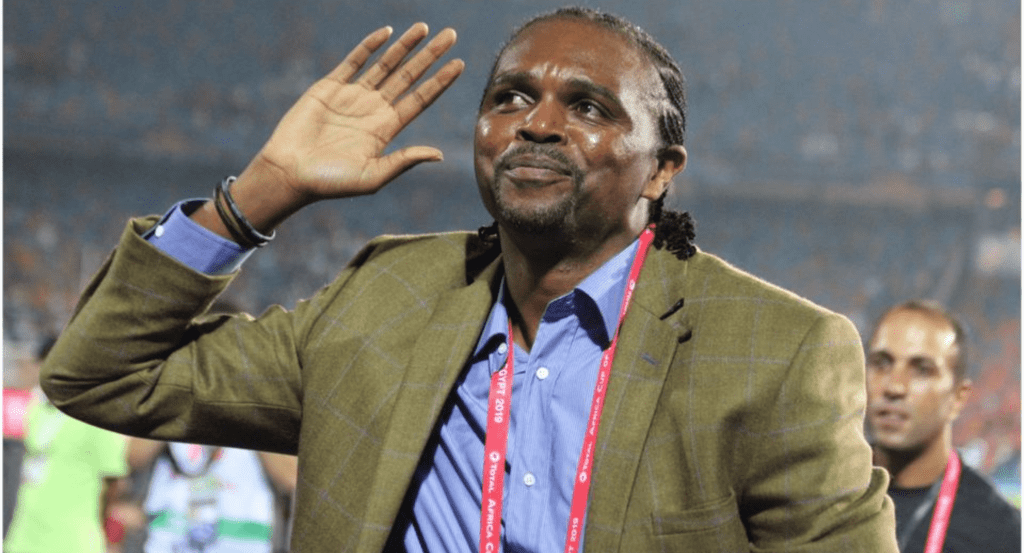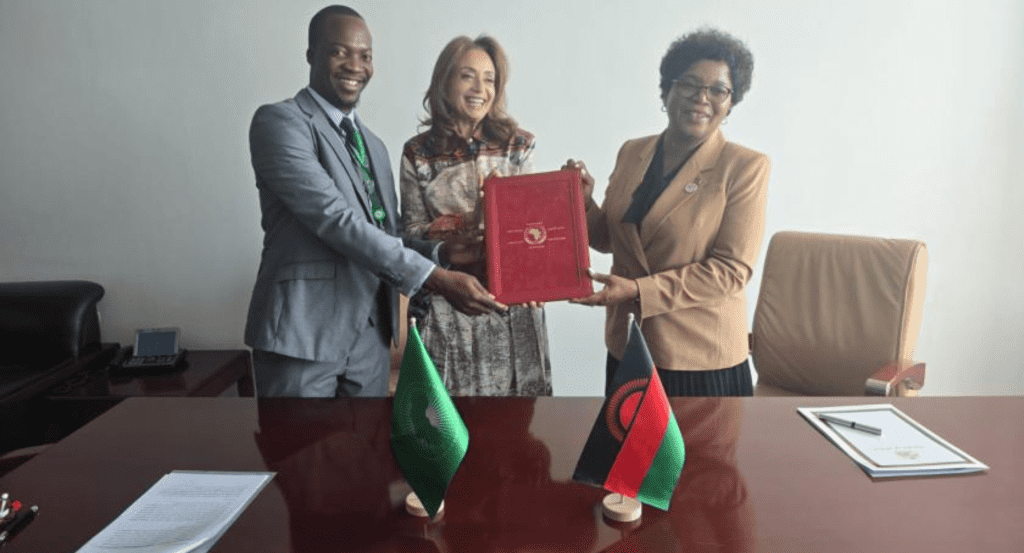First Bank of Nigeria has moved to appeal a court ruling in the ongoing Mareva injunction case involving GHL, despite concerns that the bank is sidestepping due process. The legal battle stems from a $225.8 million debt dispute, with GHL’s directors still restrained by court orders restricting their financial transactions. The case has drawn significant attention, as the court initially froze GHL’s accounts at First Bank and other financial institutions, preventing the company from accessing funds.
Recent developments suggest that First Bank is now seeking to overturn the decision, even as it admits legal setbacks. However, GHL has criticized the bank’s approach, describing the appeal as an act of desperation rather than a lawful pursuit of justice. The company argues that the bank’s reluctance to comply with the court’s orders regarding the lifting of account restrictions raises concerns about fairness and regulatory compliance.
Meanwhile, First Bank maintains that financial institutions cannot immediately comply with the order to unfreeze GHL’s accounts due to existing legal complexities. The bank’s legal representatives have pointed to ongoing court procedures that must be followed before such actions can be implemented. This stance, however, has not convinced GHL, which insists that the bank’s maneuvers are aimed at delaying justice and frustrating its operations.
With both parties locked in a heated legal contest, industry analysts are closely monitoring the outcome, as it could set a precedent for how Nigerian banks handle debt recovery disputes and court injunctions in the future. The case underscores the tension between financial institutions and corporate entities over debt enforcement mechanisms and legal compliance.


